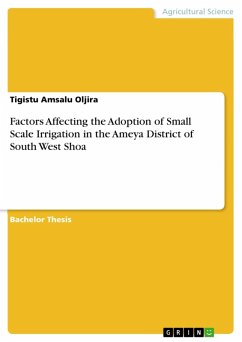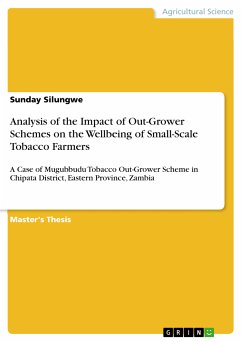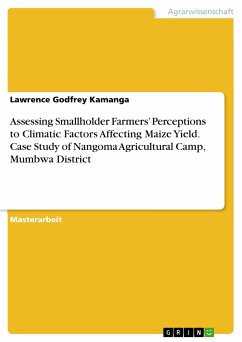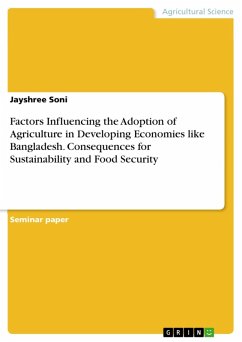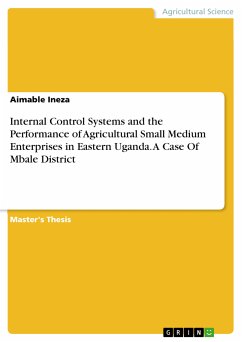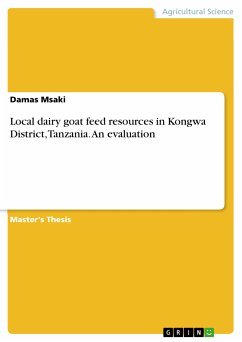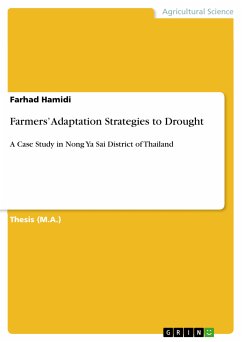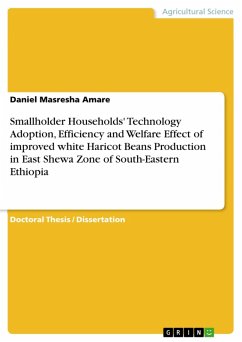Bachelor Thesis from the year 2008 in the subject Agrarian Studies, grade: A, , course: RURAL DEVELOPMENT AND AGRICULTURAL EXTENTION, language: English, abstract: The research was intended to answer the following questions: 1. What are the factors impeding adoption of small scale irrigation? 2. What are the problems contributing for less participation of farmers on small scale irrigation? 3. What are possible solutions to improve community participation on irrigation? Agriculture is the major primary economic activities of the Ethiopian population. Due to the existence of diversified topography, soil, weather and climatic conditions that favor agricultural activities the majority of the Ethiopian population have been engaged in and generate their income from the sector. However, agriculture in Ethiopia is mainly characterized by the use of backward & traditional farm implements and subsistence farming system dominates by rain fed agricultural production that resulted to low and declining productivity of the sector. The use of supplementary irrigation from either traditional or modern water harvesting structures is considered by the government.
Dieser Download kann aus rechtlichen Gründen nur mit Rechnungsadresse in A, B, BG, CY, CZ, D, DK, EW, E, FIN, F, GR, HR, H, IRL, I, LT, L, LR, M, NL, PL, P, R, S, SLO, SK ausgeliefert werden.

